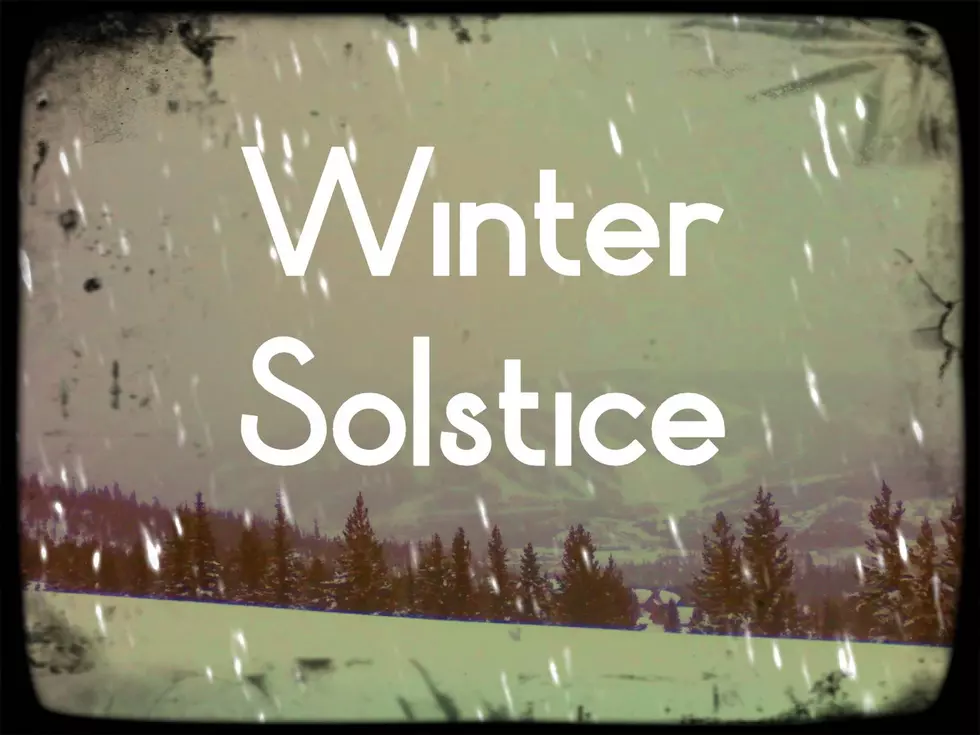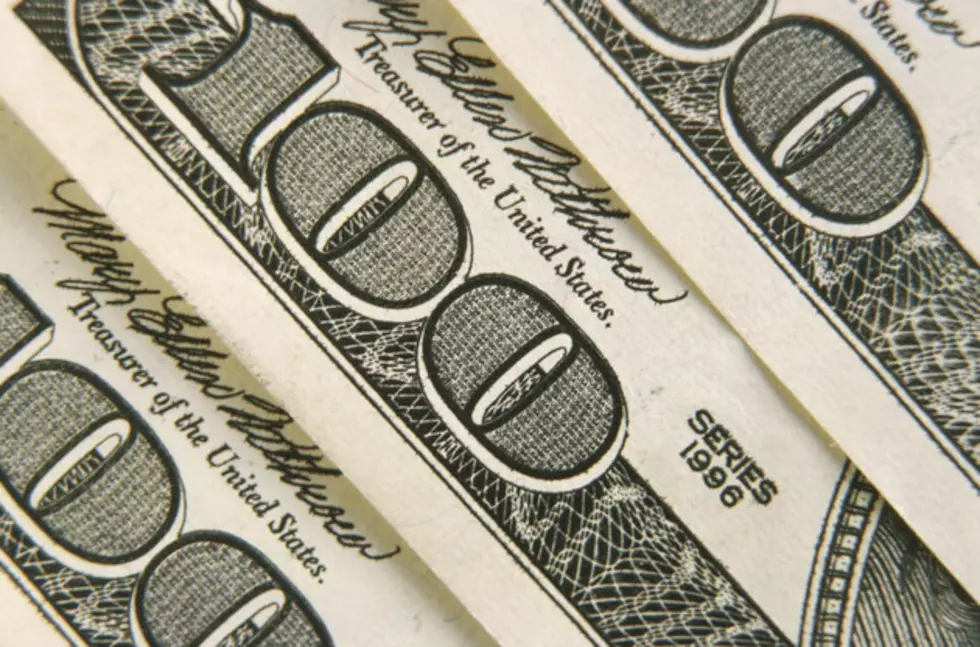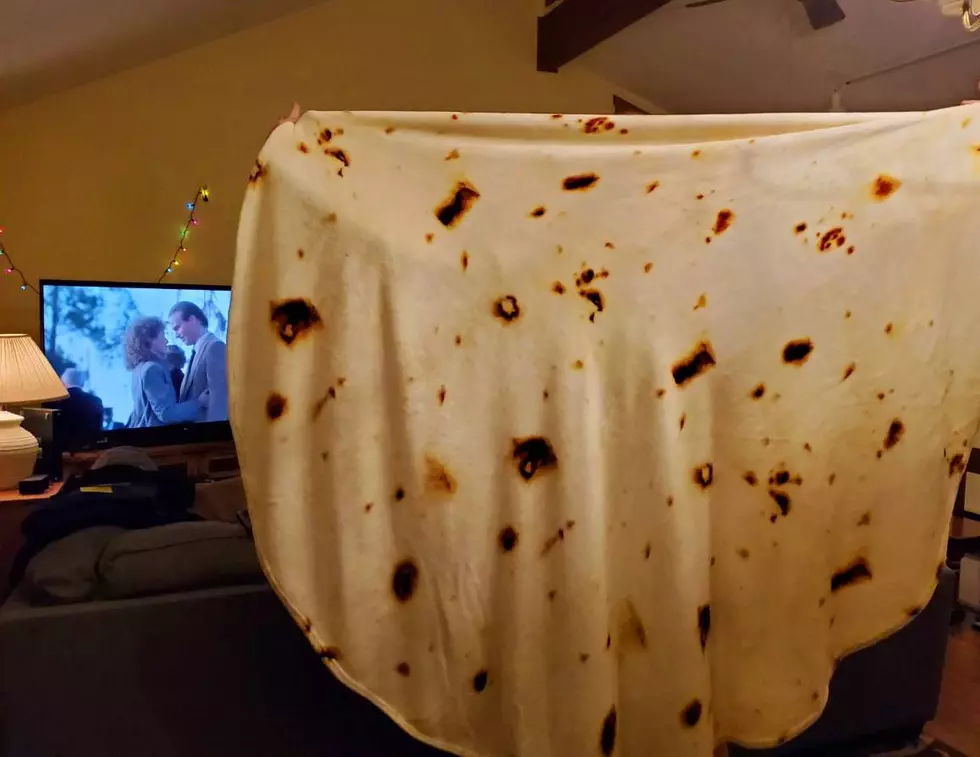
What Does the Winter Solstice on December 21 Really Mean?
Yes, it's the shortest day of the year. The day with the fewest hours of daylight...and other than a beautiful summer day it's my favorite day of the year. Why?
It signals to me that every single day from there on out is one step closer to summer. (Sure, there's a lot in between the Winter solstice and floating a river on a lazy, hot day but you get my "drift".
Because Earth doesn’t orbit upright, but is instead tilted on its axis by 23 1/2 degrees, Earth’s Northern and Southern Hemispheres trade places in receiving the sun’s light and warmth most directly.
The tilt of the Earth – not our distance from the sun – is what causes winter and summer.
- The Winter solstice 2020 in the Northern Hemisphere will be at 6:30 AM (mountain time) on Monday, December 21st, 2020.
- Also known as the "Darkest Day of the Year" and marks the first day of the astronomical winter.
- After the winter solstice, days start becoming a bit longer and nights start becoming a bit shorter. (Come on...who loves it being dark at 4:30pm???)
- Obviously, in the southern hemisphere, it's the OPPOSITE and it's the longest day of the year.
- Each solar day is actually 24 hours and 30 seconds
- We'll "gain" about 30 minutes of daylight every 30 days after the Winter Solstice
The winter solstice is considered a turning point in the year in many cultures.
The sacred day is also called Yule to pagans celebrating the birth of the new solar year, according to Circle Sanctuary, a prominent pagan group in America.
More From The Moose 94.7 FM









